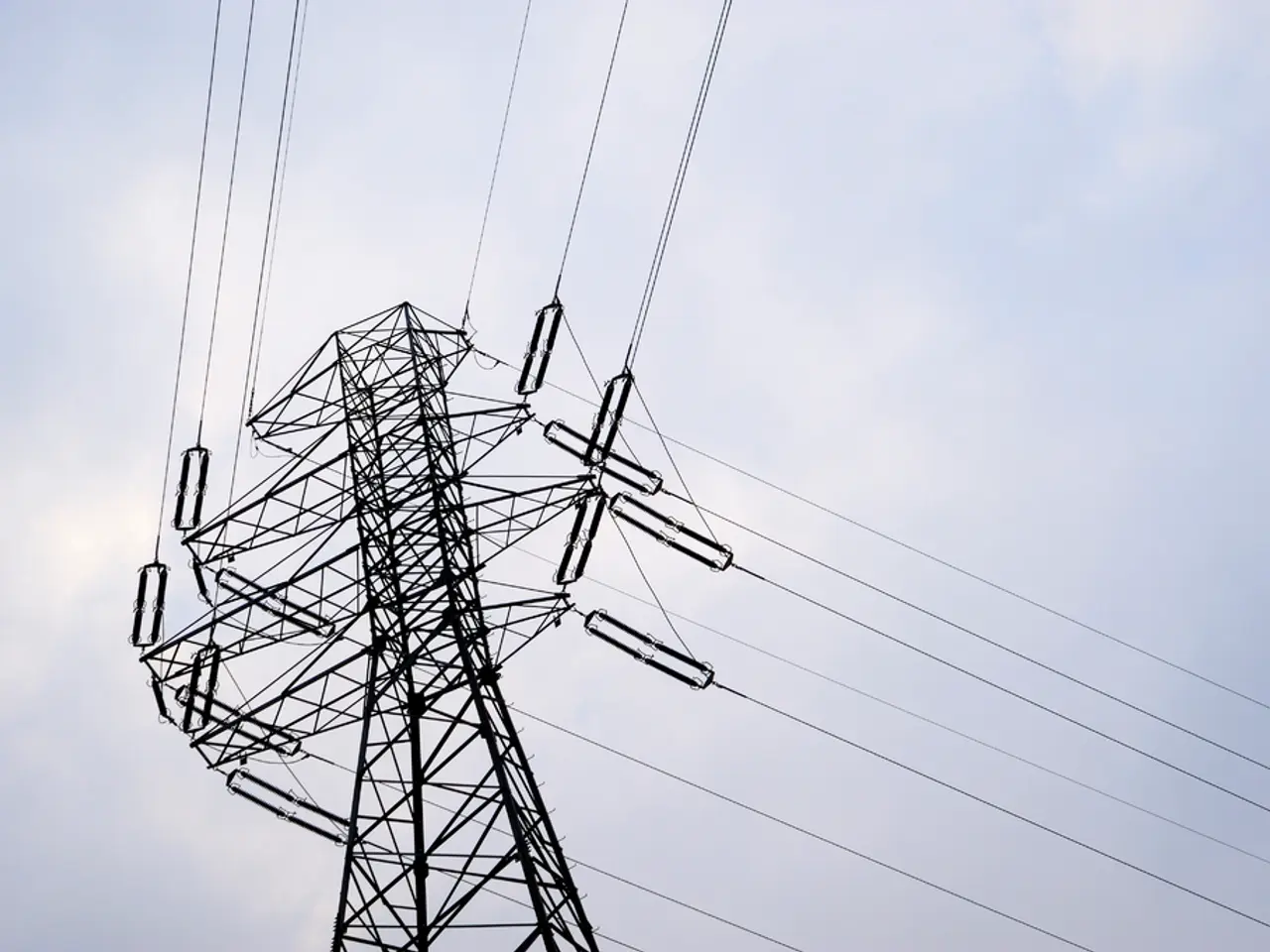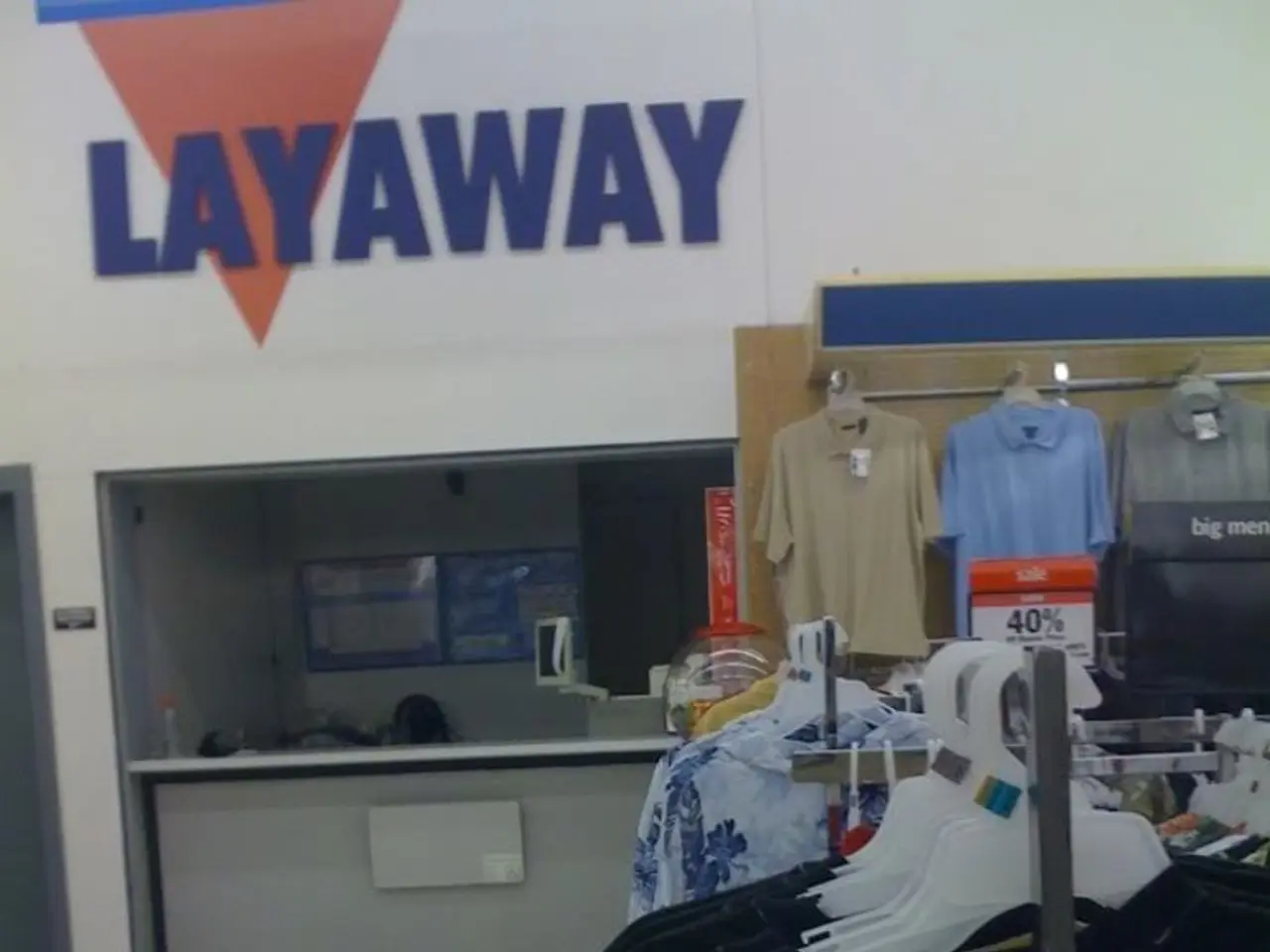Starlink receives approval, faces four to five remaining challenges before launch in India, announces Jyotiraditya Scindia
Starlink's Anticipated India Launch Faces Pending Issues
Elon Musk's Starlink, the satellite internet service, is eagerly awaited in India as it promises to enhance connectivity in rural areas and improve digital accessibility. However, the company is yet to start full commercial operations in the country due to several pending issues.
The primary challenges include securing trial or operational spectrum licenses, meeting local security and operational requirements, integrating with India’s NavIC system, ensuring local data storage and compliance, and finalizing pricing and spectrum fee frameworks.
Starlink has received key licenses and regulatory approvals, including the IN-SPACe authorization in July and the Unified License (UL) in June, which is necessary to operate telecom services in India. Nevertheless, the formal allocation of satellite spectrum by the Indian regulator (DoT) is still pending, and commercial launch cannot begin until this spectrum is granted.
To meet local security and operational requirements, Starlink must comply with India’s new satellite communication rules, which include routing all satellite traffic through India-based data centers and Points of Presence (PoPs) to ensure data sovereignty and national security. The company has also committed to storing all Indian user data locally within India, with no user traffic routed through or mirrored on foreign servers, in line with government requirements for data localization and security.
Starlink is required to incorporate NavIC, the indigenous satellite-based positioning system developed by ISRO, into its operations. Additionally, the company needs to identify its PoPs and secure approvals for its satcom gateways.
Union Minister of Communications, Ashish Singh, has emphasized the importance of adopting state-of-the-art technologies in India and promoting competition to give customers a choice. The government has granted three LIC-ES, one each to Jio, OneWeb, and Starlink, as part of its efforts to encourage competition in the telecom sector.
The Telecom Regulatory Authority of India (TRAI) has proposed fees and pricing models that the DoT is expected to finalize. This affects Starlink's commercial viability and market entry. With these issues yet to be resolved, Starlink's full commercial satellite broadband services in India remain on hold.
In summary, while Starlink has secured key licenses and regulatory approvals, it must still obtain formal spectrum allocation, meet strict national security and data localization rules, integrate with NavIC, and comply with finalized pricing frameworks before initiating full commercial satellite broadband services in India.
The anticipated launch of Starlink in India, relying on science and technology, is delayed due to the pending spectrum allocation by the Indian regulator (DoT). To meet local data storage and compliance, Starlink is required to incorporate NavIC and store all Indian user data within India, following India's new satellite communication rules.




